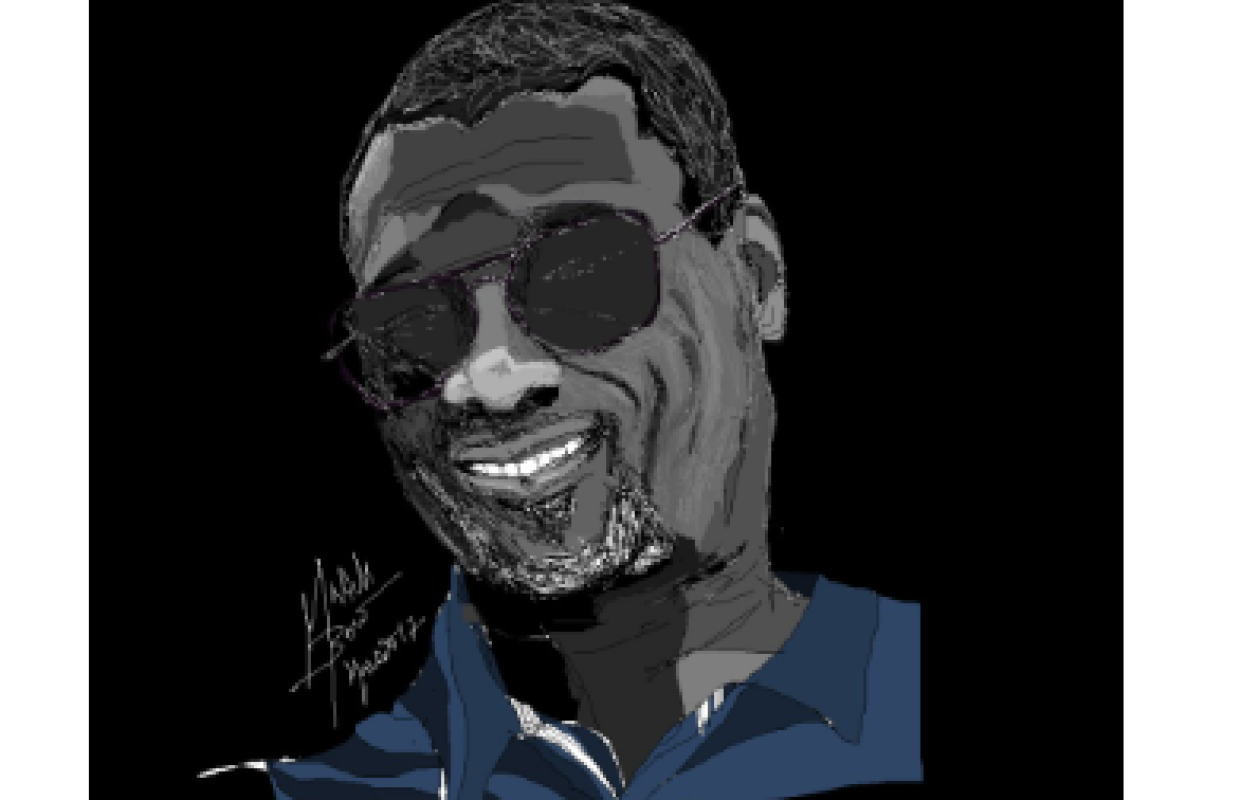
DAKAR METROPOLE HORIZON 2050 OU DAKAR IDENTITAIRE ET CULTURELLE, Par Malick MBOW
Dakar metropolis yes or what should not be done yes, the BAKKU stands out on a contextual approach and not a self-destructive approach.
Urban Architecture has its own way of thinking, doing things and the know-how based on existing conditions to operate in a surgical manner.
Today's inhabited Dakar is not the Dakar of the 1950s. Dakar is alive, its path anchored to a fundamentally private title. Its architecture is imprinted by a vision that will necessarily combine the existing and the near future. Let's not make the mistake of promising an unattainable dream by pretending that everything is possible. Certainly, Dubai exists, but Dakar also exists with its charm.
Futuristic Dubai but realistic Dakar, seeing Greece is possible, an architecture of identity and culture. Since Senghor and through his attempts ("In the year 2000, Dakar will be like Paris." This is, in essence, the assertion attributed to Léopold Sédar Senghor, then president of the Republic of Senegal. But the reality is that there is an ocean of differences between Senghor's "dream" and the face that the capital presents). He himself had incredibly failed without knowing it despite this architecture that he had invented, just by seeing the CICES or his own House on the Corniche which are architectural works of a high dimension. Unfortunately, we lacked audacity and the architects who followed were never able to maintain the rhythm and pace that President Senghor had wanted to impose on Senegal because quite simply this so-called "contemporary" post-modern architecture has gone backwards, like Thierry, Bonamy or Lamoureux who left the ship out of selfishness or because their missions had come to an end. The other evil, and not the least, is the closure of the Dakar school of architecture which ended the attempt and signaled the premature end of the Senghorian experiment.
Today, a BAKKU momentum would first and foremost be about identity and culture and a return to the source. Isn't the PM right to say that the 2050 Dakar, metropolis project is not, quite simply, a vision as presented at the Grand Théâtre? If I understand correctly, the PM is right, because we need a return to our true cultural and identity values to occupy our spaces. Then we must understand that Dakar is not Senegal, beyond that, there are the territorial poles and that Dakar must breathe now, it must not suffocate to die a natural death "for example, urban parks could allow this breathing."
The Minister of Urban Planning, Local Authorities and Territorial Development has clearly understood the issues, if we stick to the Mbour 4 extension in the Thiès region which bears the slogan BAKKU.
Today marks the end of conclave meetings; decisions to determine the future of our cities without taking into account certain specific aspects must be banned. Before concluding, we should be more open to the expertise and knowledge of this country, especially those most concerned: architects.
A country, a town, a city are combined with the children of the country who know how to combine the past, the present and the future because quite simply, they have learned since the School of Architecture, then as professionals to do this work of thinking about towns and territories.
BAKKU, through ODAS, is partnering with urban development stakeholders to work together to perfect and consolidate our country's contextual architecture. Each trade in this field of building art can contribute its stone to the edifice of our country.
• BAKKU: “A philosophical, cultural movement”, A vision of urban development: Bakku proposes a model of inclusive and resilient urban development, responding to housing challenges in Africa.
• Fundamental pillars of BAKKU
:
• Local materials: Use of local materials for more sustainable architecture.
• Adapted urbanization: Urbanization in line with Senegalese lifestyles, promoting living spaces adapted to social realities.
• Modernity/heritage balance: A fair balance between innovation and preservation of architectural heritage.
• ODAS: The Order of Architects of Senegal
Commentaires (1)
Participer à la Discussion
Règles de la communauté :
💡 Astuce : Utilisez des emojis depuis votre téléphone ou le module emoji ci-dessous. Cliquez sur GIF pour ajouter un GIF animé. Collez un lien X/Twitter, TikTok ou Instagram pour l'afficher automatiquement.